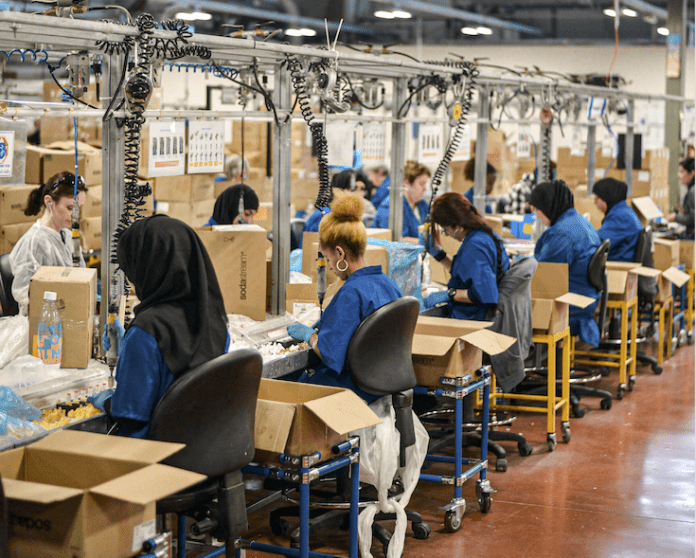Small and Medium Enterprise Association of Malaysia said it supports the plan to postpone the 80:20 quota for hiring foreign workers in the manufacturing sector, while the quota would have mandated SMEs in the manufacturing sector to hire 80 per cent local workers and 20 percent foreign, its members are not ready for the ‘system shock’
The sector which is not ready for such a policy at this moment is currently facing the triple whammy of rising costs of raw materials, a huge jump in minimum wages and a debilitating labour crunch.
It has been widely reported that the industry is short of between 1 million to 1.5 million foreign workers, primarily to do work that locals shun – specifically the 3D jobs (dirty, dangerous and difficult). For example, despite offering wages above the minimum of RM 1,500, many SMEs find it difficult to attract locals to work in small factories. As such, it is wrong to assume that SMEs prefer foreign workers to local workers – especially since the costs of hiring foreign workers are far higher and more complicated.
SAMENTA adds, unlike larger factories that are better automated, SMEs generally require more feet on the shop floors. In fact, this is one of the reasons why multinationals outsource their more labour intensive work to SMEs. SAMENTA is looking at helping our members and SMEs, in general, to quickly automate and digitalise – but this goes beyond technology and requires mindset and process change that will take time.
As we move into the endemic phase, we are seeing a strong resurgence of demand and orders, but the current shortage of labour is severely hampering our ability to recover to pre-pandemic level or to take advantage of the surge in demand. Many of these orders are now taken up by neighbours such as Vietnam and Indonesia.
If the 80:20 quota is implemented as scheduled, we expect further closure of businesses, which are already under tremendous pressure due to rising costs of raw materials, huge jump in minimum wages and a debilitating labour crunch – as stated earlier.
The association has asked for time to recover to pre-pandemic level and automate and digitalise its operations before implementing such massive policy changes – which is akin to a death knell for our labour intensive SMEs.









